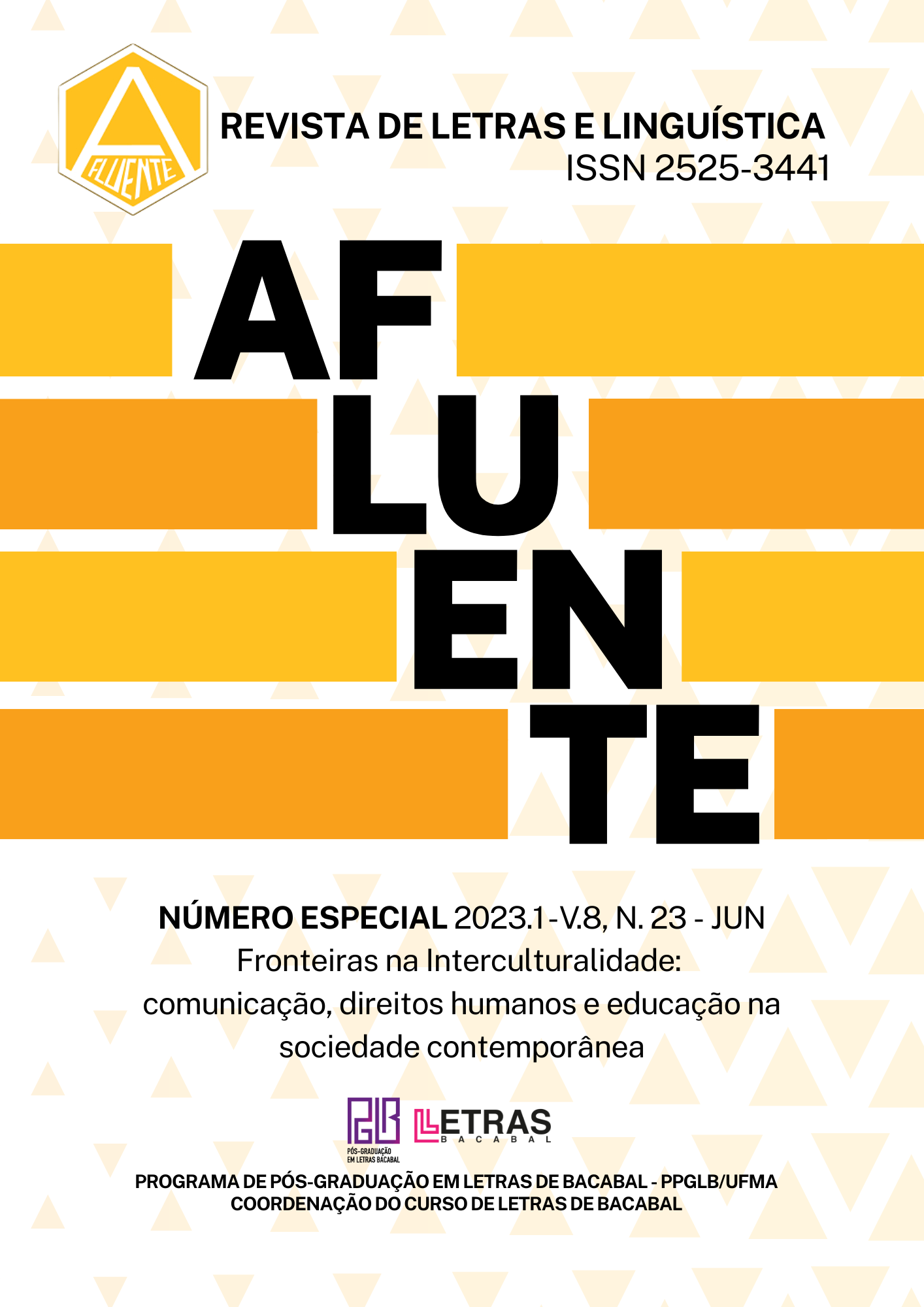SEMANTIC AND FUNCTIONAL MOBILITY OF THE ADVERB IN PHRASE STRUCTURES OF BP
THE TRADITIONAL TAXONOMY IN DISCUSSION
DOI:
https://doi.org/10.18764/2525-3441v8n22.2023.8Keywords:
Adverb, Linguistic change, Linguistic attitudeAbstract
This article aims to point out some considerations on the question of taking the definition that GT makes of the “class of adverbs” to the evaluative dimension. Cegalla (2008, p.259) says that the “[...] adverb is a word that modifies the meaning of the verb, the adjective, and the adverb itself.” In Neves (2018, p.360), “[...] the class of adverbs is quite heterogeneous, and the important thing is to observe the role that the various subclasses of these elements can play in the various linguistic uses”, and such an observation is not commonly observed. The Traditional Grammar considers it, henceforth GT, which adopts a taxonomy that excludes language uses asa guideline for language studies classifying the adverb as an invariable word class. Therefore, linguistic uses are updated and grammatical studies from a non-traditional perspective concerned with reflecting the language in its real uses have questioned this definition. A linguistic attitude test was applied among students of the Languages course in order to observe how the informant’s classified words that function as adverbs but which, traditionally, are not admitted as belonging to the class of words, that is, lexical items that are not categorized as adverbs in the GT canon. Thus, the problem investigated will be the speakers' perceptionregarding the adverb's semantic and functional mobility. As a methodology, we used field research, with data collected by sampling, based on the theoretical foundation of the sociolinguistic analysis model.
Downloads
References
ALI, M. S. Grammatica historica da lingua portugueza. 2. ed. melhorada e augmentada de Lexeologia do Portuguez Historico e Formação de Palavras e Syntaxe do Portuguez Historico. São Paulo – Cayeiras – Rio: Companhia Melhoramentos de São Paulo (Weiszflog Irmãos incorporados), 1931.
BAGNO. M. Gramática pedagógica do português brasileiro. São Paulo: Parábola, 2012.
BECHARA, E. Moderna Gramática Portuguesa. 39. ed. ver. ampl. Rio de Janeiro: Nova Fronteira, 2019.
CASTILHO,A. T. Nova gramática do português brasileiro. São Paulo: Contexto, 2016.
CEGALLA, D. P. Novíssima Gramática da Língua Portuguesa. 48. ed. São Paulo: 2008.
CHAGAS, P. A mudança linguística, in FIORIN, J. L. (org.) Introdução à linguística: objetos teóricos. 6. ed., São Paulo: Editora Contexto, 2019. p. 141-163.
COELHO, I. L.[et al.]. Sociolinguística. Florianópolis: LLV/CCE/UFSC, 2010.
CYRANKA, L. F. de M.. Atitudes linguísticas de alunos de escolas públicas de Juiz de Fora – MG. 2007. 174 f. Tese (Doutorado em Estudos Lingüísticos) Instituto de Letras, Universidade Federal Fluminense, Niterói, 2007.
LABOV, W. Padrões sociolinguísticos. Tradução Marcos Bagno. São Paulo: Parábola Editorial, 2008.
LLORACH E. A. Gramática de la Lengua Española, 4. ed. Madrid, Espasa Calpe, 1994.
MEILLET, A. A evolução das formas gramaticais. Tradução Marcos Bagno. São Paulo: Parábola, 2020.
NEVES, M. H. A gramática do portugues revelada em textos. São Paulo: Editora Unesp, 2018.
PERINI, M. A. Gramática descritiva do português. 4. ed. São Paulo: Ática, 2005.
PERINI, M. A. Estudos de gramática descritiva: as valências verbais. São Paulo: Parábola Editorial, 2008.
PERINI, M. A. Gramática descritiva do português brasileiro. Petrópolis: Vozes, 2016.
PIETROFORTE, A. V. A língua como objeto da linguística, in FIORIN, J. L. (org.) Introdução à linguística: objetos teóricos. 6. ed. São Paulo: Editora Contexto, 2019. p.75-94.
Downloads
Published
How to Cite
Issue
Section
License
Copyright (c) 2023 Afluente: Revista de Letras e Linguística

This work is licensed under a Creative Commons Attribution 4.0 International License.
Direitos autorais Afluente: Revista Eletrônica de Letras e Linguística
Este trabalho está licenciado com uma Licença Creative Commons - Atribuição 4.0 Internacional.















